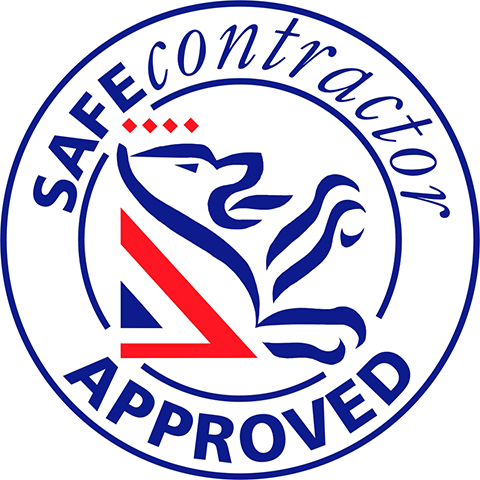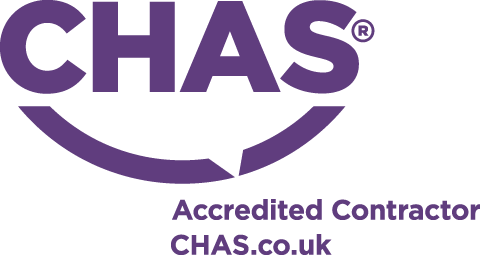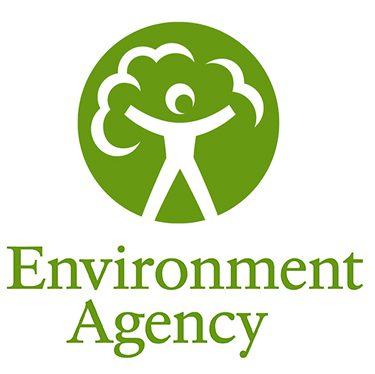What are WEEE Skips?
WEEE skips, also known as e-waste skips, are specially designed containers used for the collection and disposal of electronic waste. These skips are constructed with considerations for the safe handling and transportation of electronic equipment, which can contain potentially hazardous materials and components.
Our WEEE skips come in various sizes to cater for the diverse needs of businesses, institutions, and recycling facilities that manage electronic waste.
The Problem with Electrical or Electronic Waste
Electronic waste, or e-waste, has become a significant global concern due to its impact on the environment and human health. E-waste comprises a broad array of discarded electronic devices and components, including computers, smartphones, televisions, printers, and other consumer electronics.
The improper disposal and management of electronic or e-waste can lead to environmental pollution, as electronic devices often contain toxic substances such as lead, mercury, and cadmium. Additionally, the proliferation of electronic devices contributes to a vast accumulation of e-waste, creating challenges in effective disposal and recycling.
What Can You Put in our WEEE Skips?
Our WEEE skips can accommodate a wide range of electronic waste, including but not limited to the following items:
- Computers and Peripherals:
Desktops, laptops, keyboards, mice, monitors, and printers - Consumer Electronics:
Televisions, VCR/DVD players, gaming consoles, and audio equipment - Communication Devices:
Mobile phones, landline phones, and networking equipment - Small Household Appliances:
Toasters, kettles, microwaves, irons, and vacuum cleaners - Office Equipment:
Copiers, scanners, fax machines, and shredders - Lighting Equipment:
Fluorescent tubes, bulbs, and lamps - Medical Devices:
Limited to non-hazardous electronic medical devices (Please note that hazardous medical waste has separate disposal requirements)
By utilising WEEE skips, businesses and organisations can efficiently manage their electronic waste, ensuring that these items are properly handled and directed towards environmentally responsible disposal and recycling processes.
What Cannot Be Put in our WEEE Skips?
Certain items are prohibited from disposal in WEEE skips due to their hazardous nature and specific regulatory requirements. Items that should not be placed in our WEEE skips include:
- Batteries:
Lead-acid, lithium-ion, and other types of batteries - Large Appliances:
Refrigerators, washing machines, dishwashers, and air conditioners - Gas Discharge Lamps:
Including neon, fluorescent, high-intensity discharge, and mercury vapour lamps - Cathode Ray Tubes:
CRT monitors and televisions - Asbestos:
Any electronic equipment containing asbestos materials - Hazardous Medical Waste:
Sharps, medications, and other hazardous medical devices
It is crucial to adhere to these guidelines to ensure the safe and responsible disposal of e-waste and to comply with environmental regulations.
What Happens to the Waste in WEEE Skips?
Once electronic waste is collected in WEEE skips, it undergoes a comprehensive waste management process to ensure proper disposal, recycling, and resource recovery:
- Sorting and Assessment:
E-waste is sorted to identify items suitable for repair, reuse, or recycling, as well as those requiring specialised handling. - Data Sanitization:
Devices that may contain sensitive data undergo data wiping or destruction procedures to secure the privacy and security of the information. - Reuse and Repair:
Functional electronic items are assessed for reuse or refurbishment to extend their lifespan. - Recycling:
Non-reusable electronic waste is dismantled, and components such as plastics, metals, and circuit boards are processed for recycling. - Environmentally Responsible Disposal:
Any residual waste that cannot be recycled is disposed of in compliance with environmental regulations to minimise its impact on the environment.
The ultimate goal of our process is to minimise the environmental and health hazards associated with e-waste disposal.
UK Legislation Surrounding WEEE Waste for Businesses
Within the UK, the disposal of WEEE waste is regulated under the Waste Electrical and Electronic Equipment (WEEE) Regulations. These regulations place responsibilities on businesses that manufacture, distribute, or dispose of electronic equipment, requiring them to comply with legal obligations aimed at reducing the environmental impact of e-waste.
For businesses, there are several key aspects of the UK legislation surrounding WEEE waste:
- WEEE Compliance:
Businesses involved in the production, sale, or disposal of electronic equipment are obligated to comply with the WEEE Regulations. This includes registering with a WEEE compliance scheme and meeting reporting requirements. - Producer Responsibility:
Producers of electrical and electronic equipment are required to take responsibility for the environmentally sound collection and recycling of their products. This involves joining a producer compliance scheme and providing financial support for the collection and treatment of WEEE waste. - Business Recycling Obligations:
Businesses must ensure that their electronic waste is collected and treated by an authorised waste management facility. Utilising WEEE skips and engaging with licensed waste carriers and treatment facilities is essential to meeting these obligations. - Record-Keeping and Reporting:
Businesses are required to maintain records of their waste electrical and electronic equipment and submit reports to relevant authorities, detailing the quantities and types of e-waste handled.
By complying with these regulations, businesses play a pivotal role in mitigating the environmental impact of e-waste and supporting the responsible disposal and recycling of electronic equipment.
In conclusion, WEEE skips are integral to the efficient and sustainable management of electronic waste. By understanding what can and cannot be disposed of in WEEE skips, as well as adhering to relevant legislation and regulations, businesses can contribute to reducing the environmental impact of e-waste. The proper handling and disposal of electronic equipment through WEEE skips and compliant waste management practices are crucial steps towards a more sustainable approach to e-waste management in the UK and beyond.
Want to know more about our WEEE Skips Service?
We’re always happy to discuss your specific electronic waste disposal requirements. Please get in touch by completing our “Get A Quote” form or by calling a member of our friendly team for expert advice on 0800 058 25 22.



